Pages in this section
Full session
Extracts
The discussion opened with Saker Nusseibeh CBE, CEO of the International Business of Federated Hermes, who described the increasing democratisation of investment and how investing sustainably brings long-term holistic returns. He spoke about the need for a renewed language about investment as stewardship, guided ultimately by corporate purpose. He said, “In reality, companies acknowledge de facto that they have a purpose more than just making money. They acknowledge that by the services they provide to the community they live in; they acknowledge that by the way they react with the government that governs them, it's just that we are not articulating that in the governance. That then would open the door for a better sense of articulating fiduciary duty in a way that encompasses more than just looking at the P&L of the company over one year, two years or three years.”
Janine Guillot, CEO of the Sustainability Accounting Standards Board (SASB), then talked about the need for reliable data about sustainable performance and long-term value, and the necessary shift from transparency to performance – from qualitative statements of commitment and disclosure to targets and measures. She also spoke about the importance of creating a common language for sustainability performance – something that has happened in accounting for financial performance. With common sustainability metrics, companies can compete to improve sustainability.
Professor Rebecca Henderson FBA, University Professor at Harvard Business School, proposed that laws and regulations around labour and environmental standards are necessary to make it harder for business to behave badly, and to encourage high commitment employment models. She highlighted that, “I am firmly convinced that there is a better way to run firms. I think we have strong quantitative and qualitative data, suggesting that the embrace of purpose is not only profitable, but makes a huge difference to society around us. Yet many firms are hesitating. What can government do to accelerate this transition? I have two ideas. The first is to change the context. It's a lot easier to be purpose-driven if the temptation to behave badly is reduced. So, the old-fashioned block and tackling, environmental regulation, some kind of price or regulation for climate, sensible labour regulation, minimum wage, perhaps a collective voice for employees, strong free press. The kinds of forces that can act on firms from the outside to force them to be purpose-driven are incredibly helpful.”
Professor Raghuram Rajan, Professor of Finance at Chicago Booth and former Governor of the Reserve Bank of India, argued that long-term value maximisation is the purpose of the corporation, and that prioritising long-term stakeholder interests, such as those of employees, will ultimately lead to shareholder value. He highlighted that, “In this day and age, re-labelling objectives does make political and practical sense. Corporate purpose sounds loftier, easier to explain and defend and sells well with many constituencies. For example, if I want to reduce water consumption, it's a lot less desirable when it's seen as a cost-cutting measure and much more engaging when it's seen as a move to save the environment. So yes, there is a public relations role for re-articulating objectives. Actually, they can go beyond that, by being more specific about which stakeholders are important. Let us go beyond the Business Roundtable to articulate specific stakeholders that are necessary: anyone making long-term investments in the firm – including debt holders, workers, suppliers and some customers – are often implicit equity holders in the firm. The theory of shareholder maximisation loses sight of these equity holders. Sometimes for the firm to choose these true stakeholders over shareholders can enhance the firm's value.”
Rt Hon Ed Miliband MP, Shadow Secretary of State for Business, Energy and Industrial Strategy, welcomed the work of a number of organisations exploring the role of purpose in business – the British Academy, B Labs, the Purposeful Company and the World Economic Forum. He also highlighted how many business leaders had spoken to him about the importance of purpose and their playing a role in society and contributing to solving climate change. Building on what the other speakers had said, he highlighted that the institutions, regulations and system of company law can lean against purpose in the UK and that there is a need to re-examine the financial system and the extent to which it supports purposeful business through patient finance and stewardship. He called for a debate in the UK about the systems we have, many of which were designed before the 2008 financial crisis.
Finally, Leo Strine, Of Counsel at Wachtell, Lipton, Rosen & Katz and former Chief Justice on the Delaware Supreme Court, emphasised the importance of worker voice, proposing that we “all need to go to ‘EESG’ [where the extra ‘E’ highlights employees], because you can't be good to the environment unless the people most essential to its success are treated well and they should be front and centre. There should be a pact between the two Es so they are not competing. The transition of the workers who are involved in the companies that we still buy energy from and their future is important.” He also highlighted the need for principles-based disclosures to avoid competing standards, with every company needing to have a responsibility for its stakeholders.
Speakers
Chair: Professor Julia Black CBE FBA
Professor of Law and Strategic Director of Innovation at the LSE
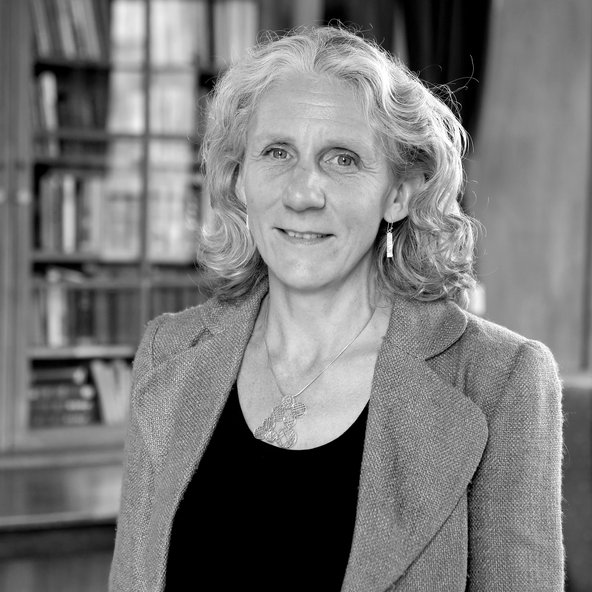
Professor Julia Black is Strategic Director of Innovation and Professor of Law at LSE. She is an External Member of the Bank of England’s Prudential Regulation Authority. She is also Senior Independent Member of the Board of the UK Research and Innovation Council, a member of the Council of Science and Technology.
Saker Nusseibeh CBE
CEO of the International Business of Federated Hermes

Saker is CEO of the international business of Federated Hermes. He is also a member of the Federated Hermes Executive team. Saker is founder of the 300 Club and was an inaugural member of the CFA Institute’s Future of Finance Advisory Council from 2013 until 2019. He was awarded a CBE in 2020 for services to Responsible Business and Finance.
Janine Guillot
CEO of the Sustainability Accounting Standards Board (SASB)

Janine Guillot is Chief Executive Officer of The SASB Foundation. Prior to joining SASB, Janine served as Chief Operating Investment Officer for the California Public Employees’ Retirement System (CalPERS). She has held senior leadership positions at Barclays Global Investors, Bank of America and Incapture LP.
Professor Rebecca Henderson FBA
University Professor at Harvard Business School

Rebecca Henderson is the John and Natty McArthur University Professor at Harvard University and a research fellow at the U.S. National Bureau of Economic Research. Her work focusses on innovation and organisational change, exploring how the private sector can play a major role in building a more sustainable economy via organisational purpose, innovation, and productivity. She is Corresponding Fellow of the British Academy.
Professor Raghuram Rajan
Professor of Finance at Chicago Booth and former Governor of the Reserve Bank of India
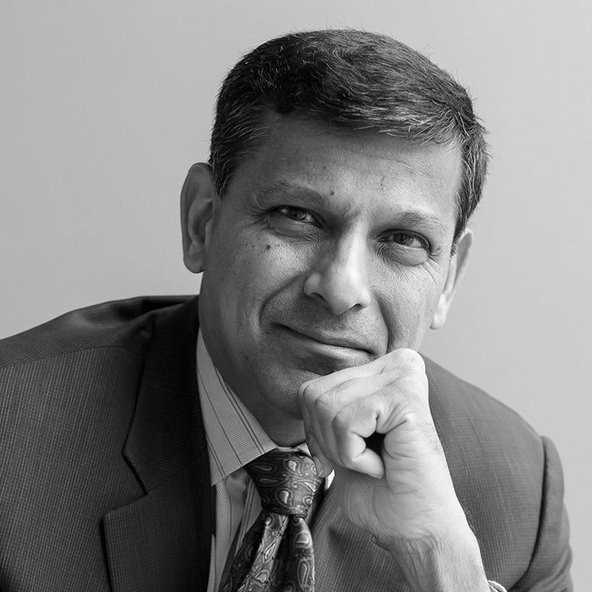
Professor Rajan is the Katherine Dusak Miller Distinguished Service Professor of Finance at Chicago Booth. He is a former Governor of the Reserve Bank of India and between 2003-2006 and was Chief Economist and Director of Research at the International Monetary Fund. Raghuram has written several books including ‘Fault Lines: How Hidden Fractures Still Threaten the World Economy’.
Rt Hon Ed Miliband MP
Shadow Secretary of State for Business, Energy and Industrial Strategy
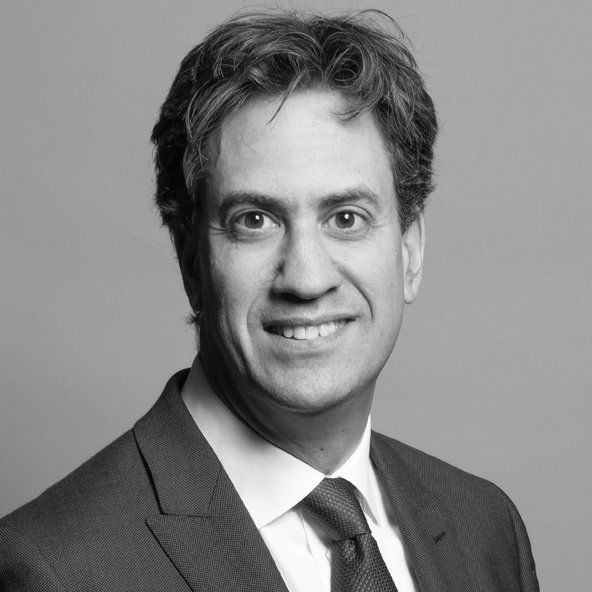
Ed Miliband is the Shadow Business and Energy Secretary and has been a Labour MP for Doncaster North since 2005. He served as Minister for the Cabinet Office under Gordon Brown in 2007 and then as Secretary of State for Energy and Climate Change from 2008 to 2010. From 2010 to 2015, he served as the Leader of the Labour Party in opposition.
Leo Strine
Counsel at Wachtell, Lipton, Rosen & Katz and former Chief Justice on the Delaware Supreme Court
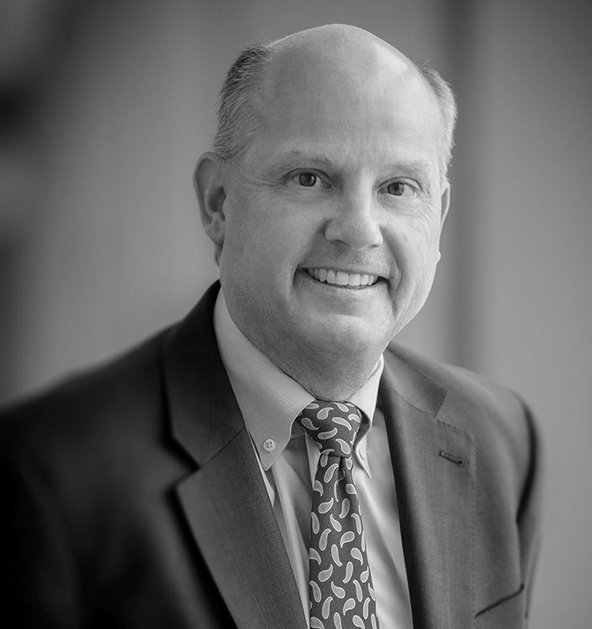
Leo Strine is Of Counsel in the Corporate Department at Wachtell, Lipton, Rosen & Katz. Prior to joining the firm, he was the Chief Justice of the Delaware Supreme Court from 2014 to 2019. He is also a Michael L. Wachter Distinguished Fellow in Law and Policy at the University of Pennsylvania Carey Law School.
Professor Colin Mayer
Academic Lead, Future of the Corporation
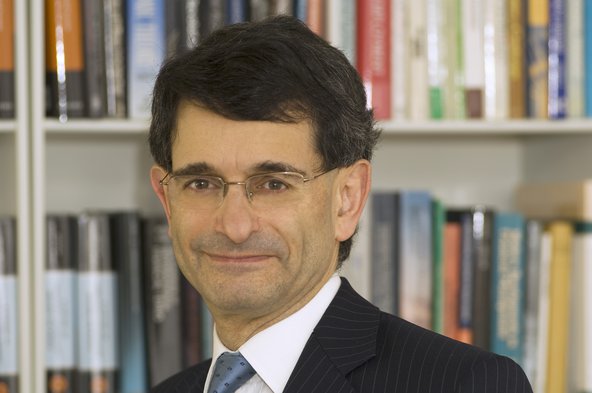
Colin Mayer is the Peter Moores Professor of Management Studies at the Saïd Business School at the University of Oxford. He is a Professorial Fellow of Wadham College, Oxford and an Honorary Fellow of Oriel College and St Anne's College, Oxford.